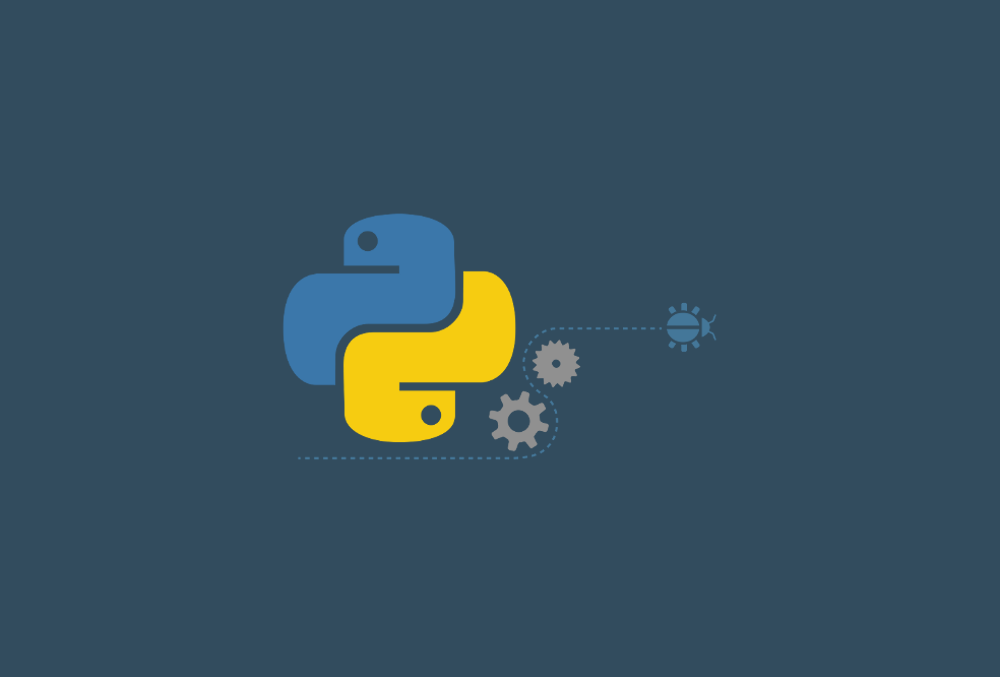May 29th, 2020
This article will serve as a complete tutorial on How to download and install Python latest version on macOS / Mac OS X. Like Linux, macOS also comes with Python pre-installed on the system. Like Linux, macOS also comes with Python pre-installed on the system. Open the Terminal on your Mac. Now, enter the command python -version and press the Enter key. You can see the result in the next line itself, displaying the version of python installed on your Mac pc. But, if that command doesn’t work for you then you may try python3 -version and then press the Enter key.
- Depending on how you use Python, you might want to update your installation at some point. Part of this process involves installing the GNU Compiler Collection (GCC) tools so that Python has access to the low-level resources it needs. The following steps get you started with installing a new version of Python on your Mac OS X system.
- If you’re looking to uninstall Python from your Mac, then you’re in the right place! If you would like to delete only a specific version of Python, please update your command as below. Removing Python 2.7. Removing Python 3.8. Step 3: Remove Python symbolic links.
- Link toInstalling the latest version of Python on Mac OS Catalina and overriding the old default pre-installed versionpodcast on anchorfm

I finally did it. I successfully installed Python version 3.7.7 viaHomebrew on my Maclaptop with OS Catalinainstalled.

How To Update Python To Newest Version Mac
For those of you that still might be trying to figure outhow todo this, I will walk you through.
The reason why I was eager to make sure that I had the latest versioninstalled was because I am working on publishing (open-source)teaching-relateddocumentation on Read The Docs, and I need to havePythoninstalled in order to be able to install the programsnecessary to publishthere.

The default2.7.17 version of Python was retired this pastJanuary 2020. I had tried back then to replace it with Python 3+,but was unsuccessful at the time. The following is what I did today:

First I updated Homebrew. Yes, I used Homebrew to (re)installPython. It’s really easy. It’s just a matter of putting the pieces of thepuzzle together correctly!
I ran the command
To updateHomebrew. Then I ran the command
To (re)install Python. Then I ran
To see which version of Python my Mac laptop was recognizing. Itstill recognized only Python 2.7.17. So I ran the followingcommand:
It told me the path to my newly installedPython 3.7.7. I had tochange the path to Python in order for my Mac to recognize thenewly installed version. This is what the command brew info python returned tome in Terminal:
So I had to add the following at the bottom of my .zshrc fileto update the path to my newly installed version of Python viaHomebrew:

Then I made sure to quitTerminal and go back in so that the pathwould actually be updated in a newTerminal windowinstance.
Then I checked what version of Python was recognized now with
And this is what was returned:
Success! It’s as easy as that.
And BTW, if you don’t know how to access your .zshrc file in Catalina,you simply execute the following command:
And your file will open in a new window. Then you can paste
How To Update Python 3.8 Mac
At the bottom of the file.
I will be embedding this episode of Plugging in The Holes along with atranscript in the form of a post oninterglobalmedianetwork.com for yourhearing and reading pleasure. Bye for now!
Related Resources
Created by Maria D. Campbell who lives and works in New York City building useful things.You should follow her on Twitter. She also has a developer blogmariadcampbell.comyou may want to check out!

Comments are closed.